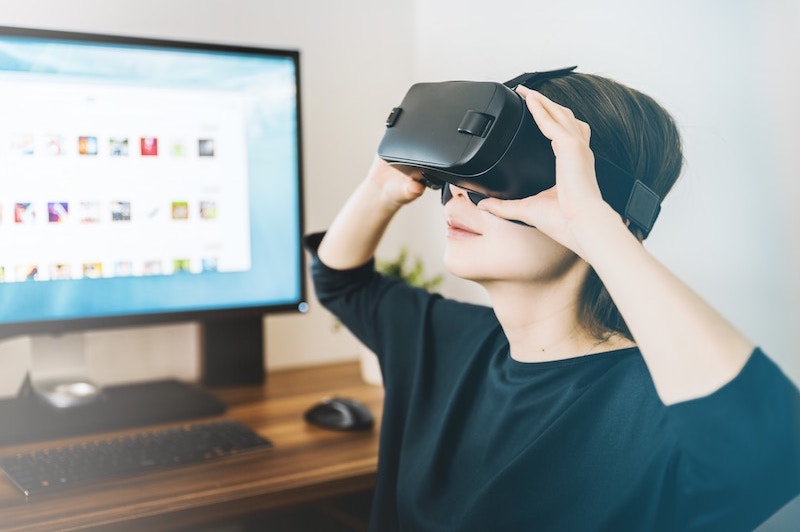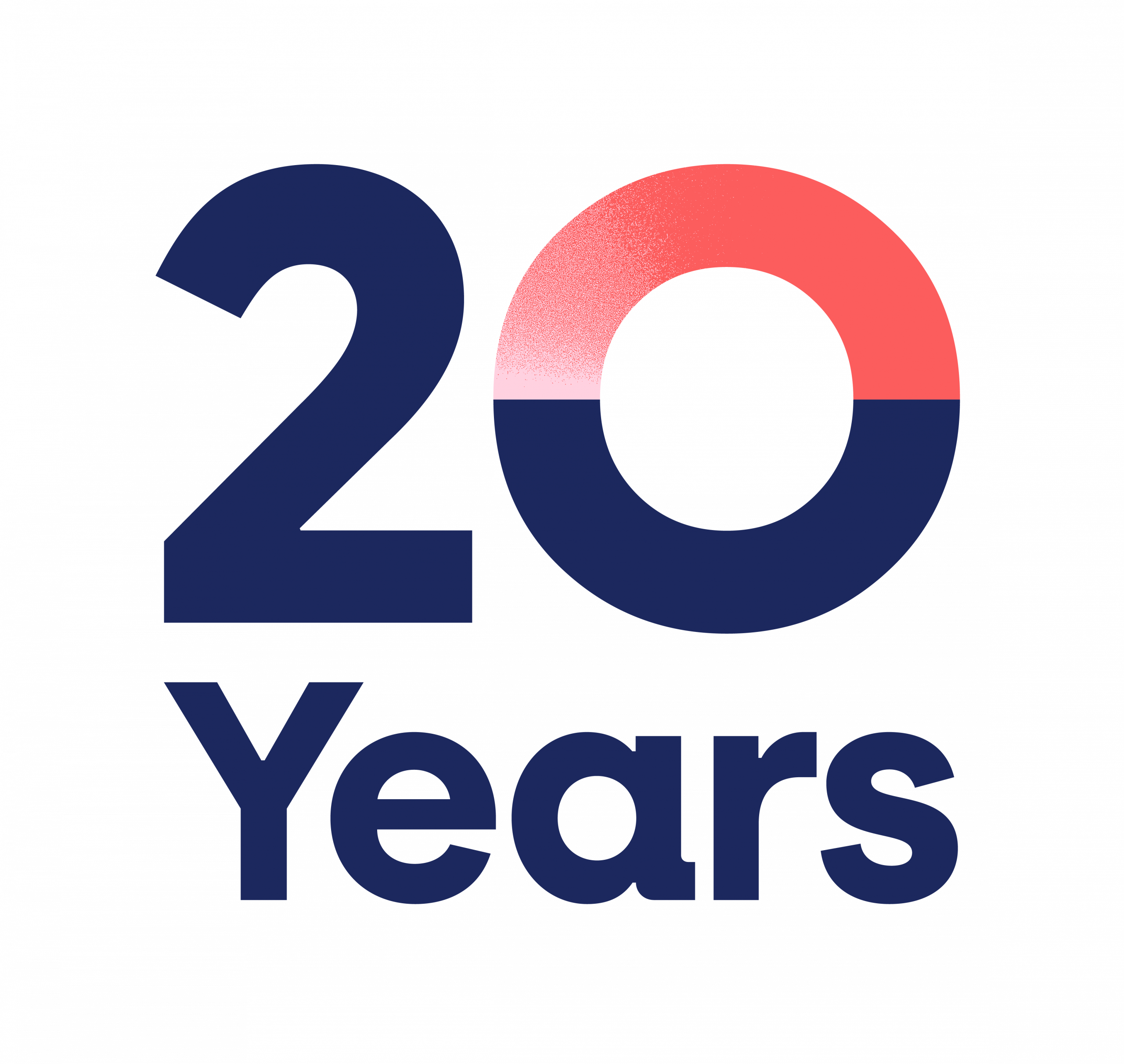
The Need
Restoration and Rehabilitation are critical steps in maximising function following neurological injury.
Physical and psychological rehabilitation techniques along with regenerative medicines improve long term health.
Restoring normal brain function following a neurological injury can be a long process. Many patients who have suffered from brain injury have difficulties making long journeys to clinics and hospitals. By supporting innovative rehabilitation solutions at home, we hope to provide accessible care for those who need it most.
Where these solutions are less suitable, there is a need to create pathways to provide accessible rehabilitation more locally for patients on their recovery journey.
The Need
Restoration and Rehabilitation are critical steps in maximising function following neurological injury.
Physical and psychological rehabilitation techniques along with regenerative medicines improve long term health.
Restoring normal brain function following a neurological injury can be a long process. Many patients who have suffered from brain injury have difficulties making long journeys to clinics and hospitals. By supporting innovative rehabilitation solutions at home, we hope to provide accessible care for those who need it most.
Where these solutions are less suitable, there is a need to create pathways to provide accessible rehabilitation more locally for patients on their recovery journey.
How can we help?
Over the last few years, technology has made huge advances. At-home devices can track movement for specialist physical rehabilitation and assistive phone apps can help support psychological rehabilitation. Combining different rehabilitation approaches can dramatically improve long-term recovery. We can maximise independence in everyday activity by focusing on, for example:
- Supporting bespoke rehabilitation interventions, targeted cognitive assessments, and frameworks for systematic evaluation.
- Utilisation of human cellular models of disease.
- Evaluation of neuroprotective agents, surgical approaches, and targeted therapies.




